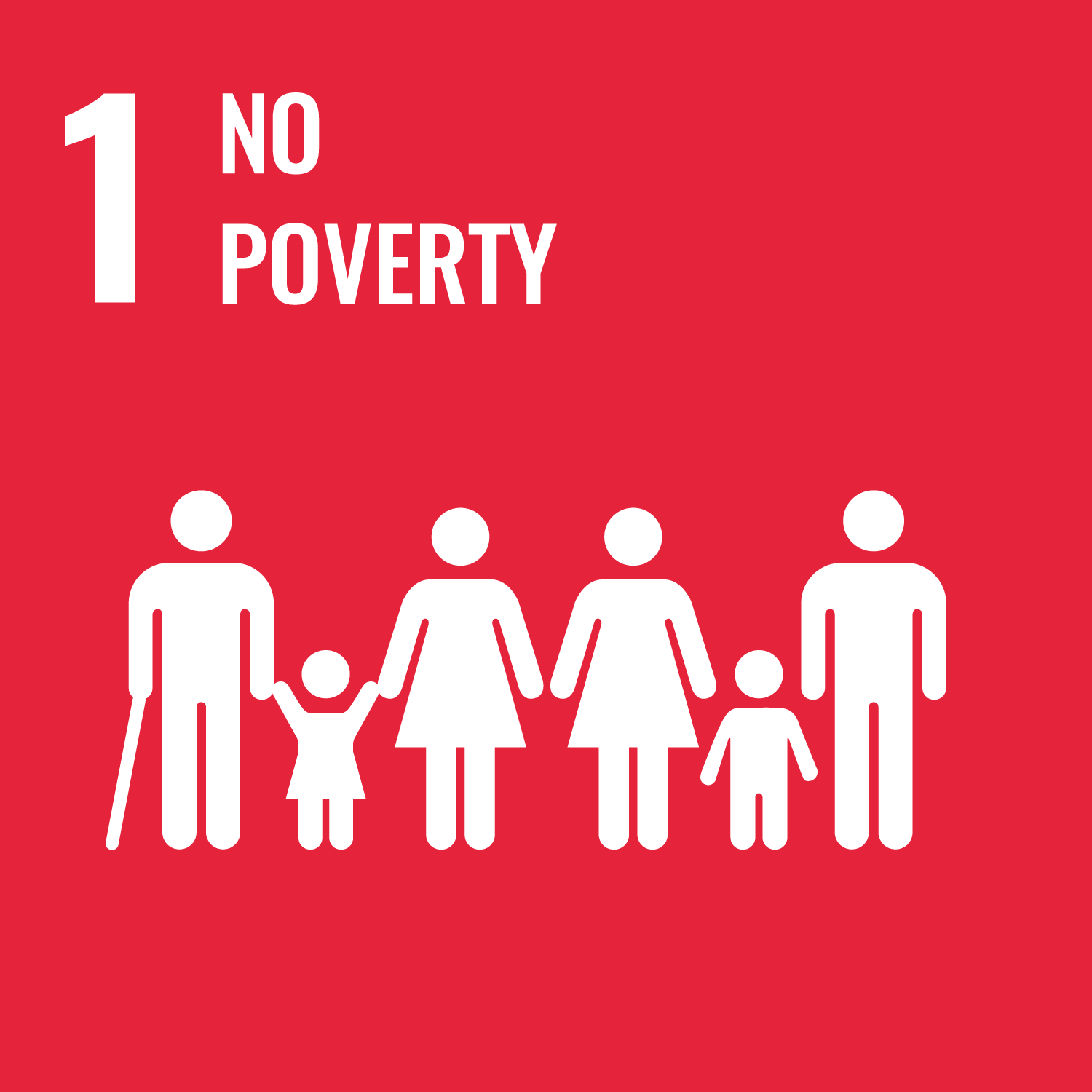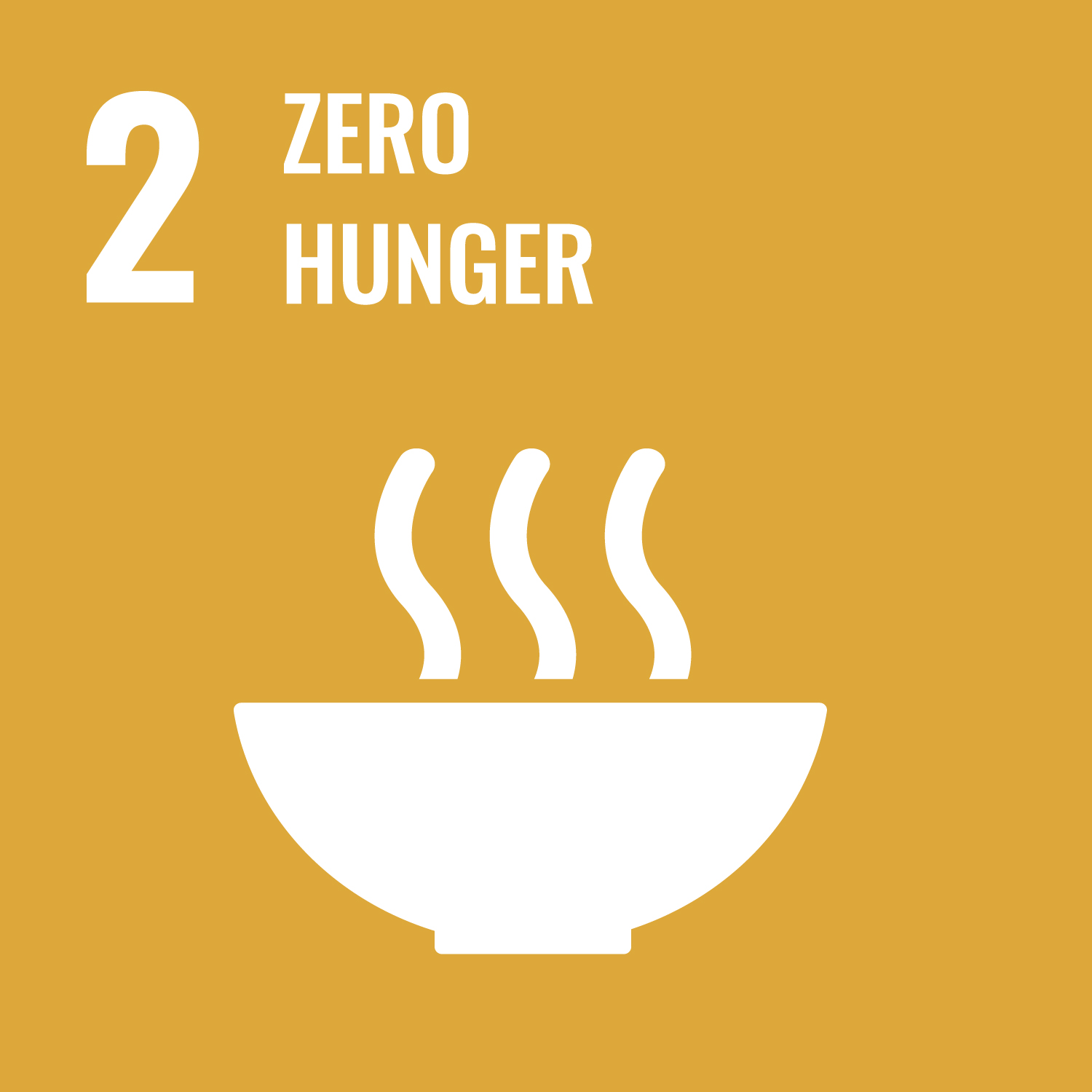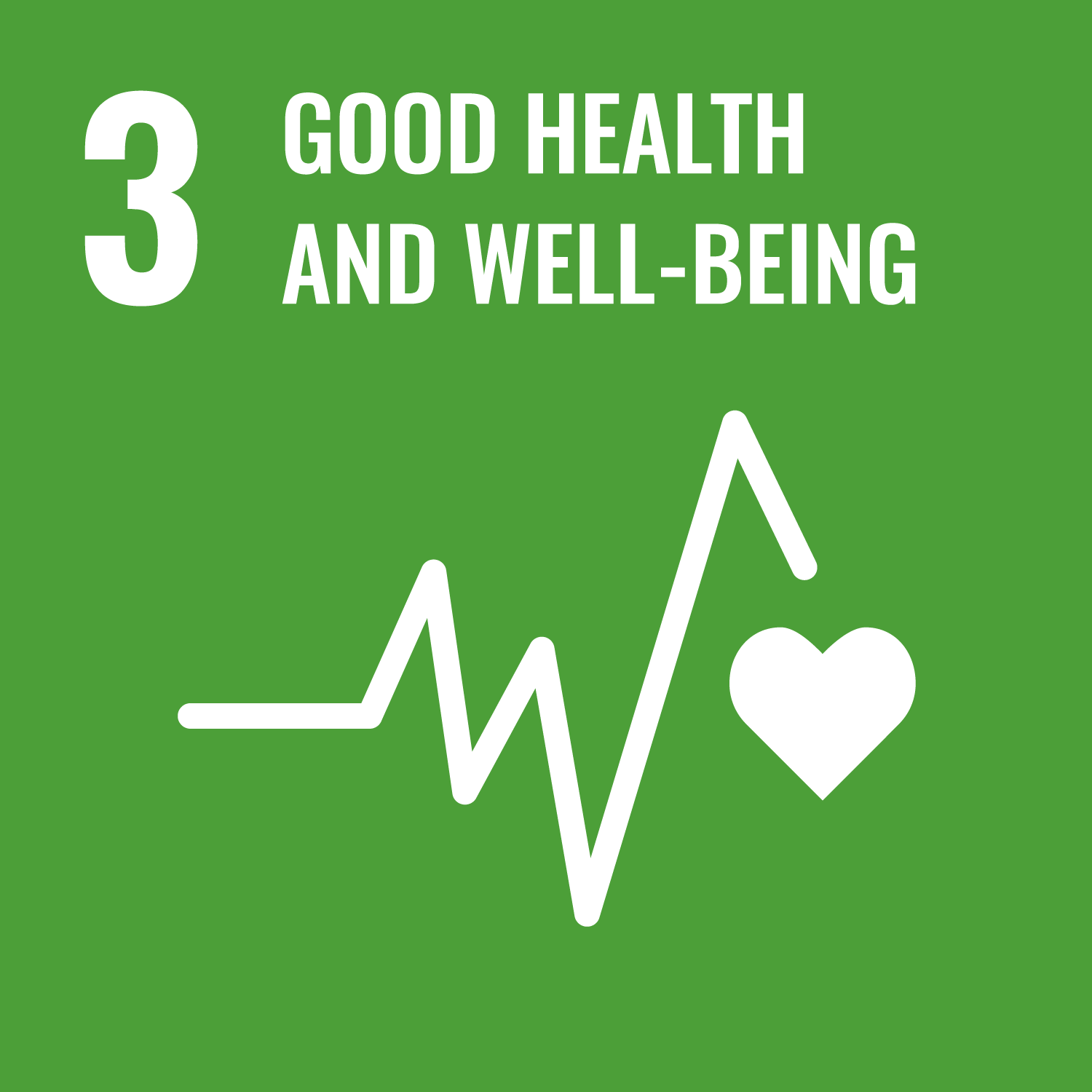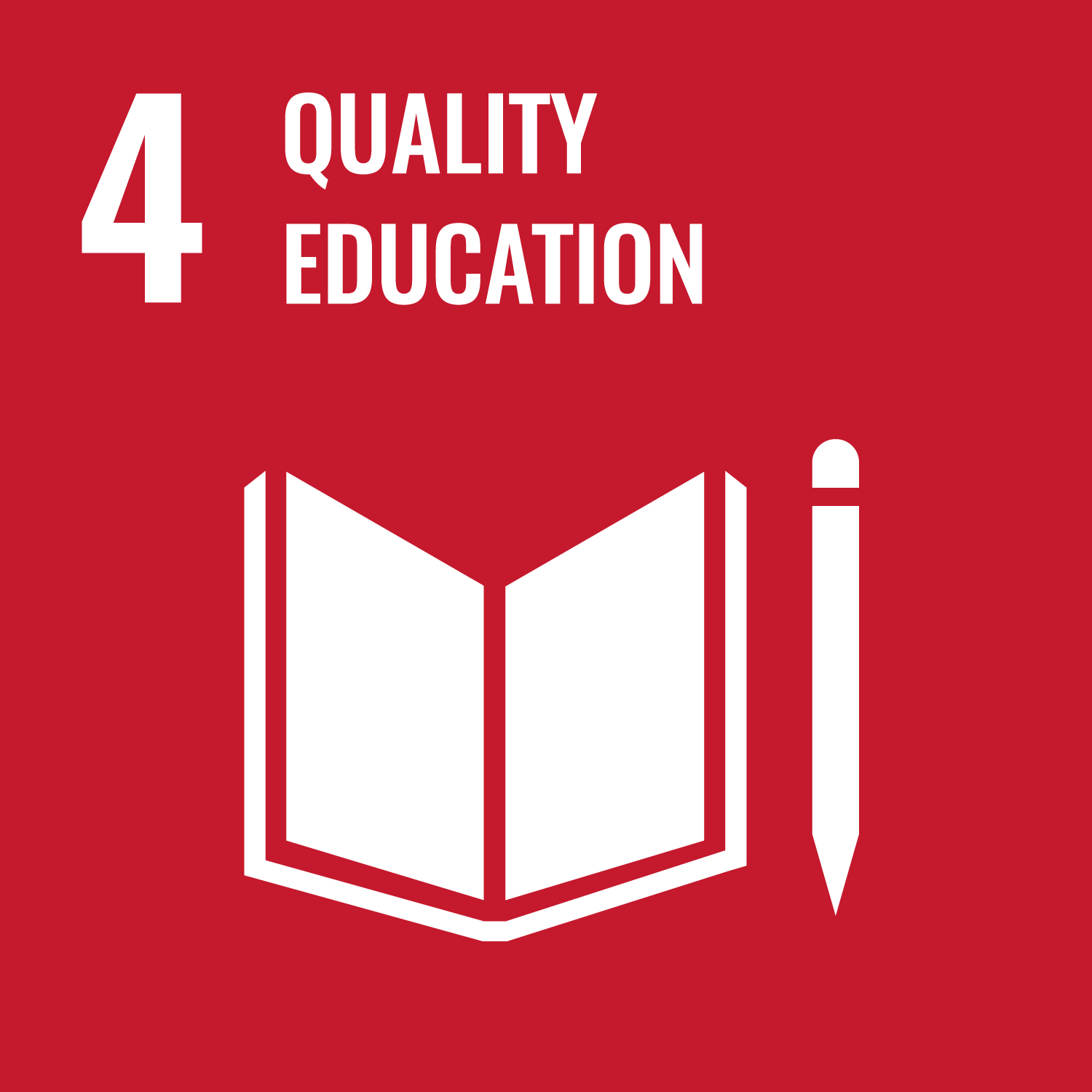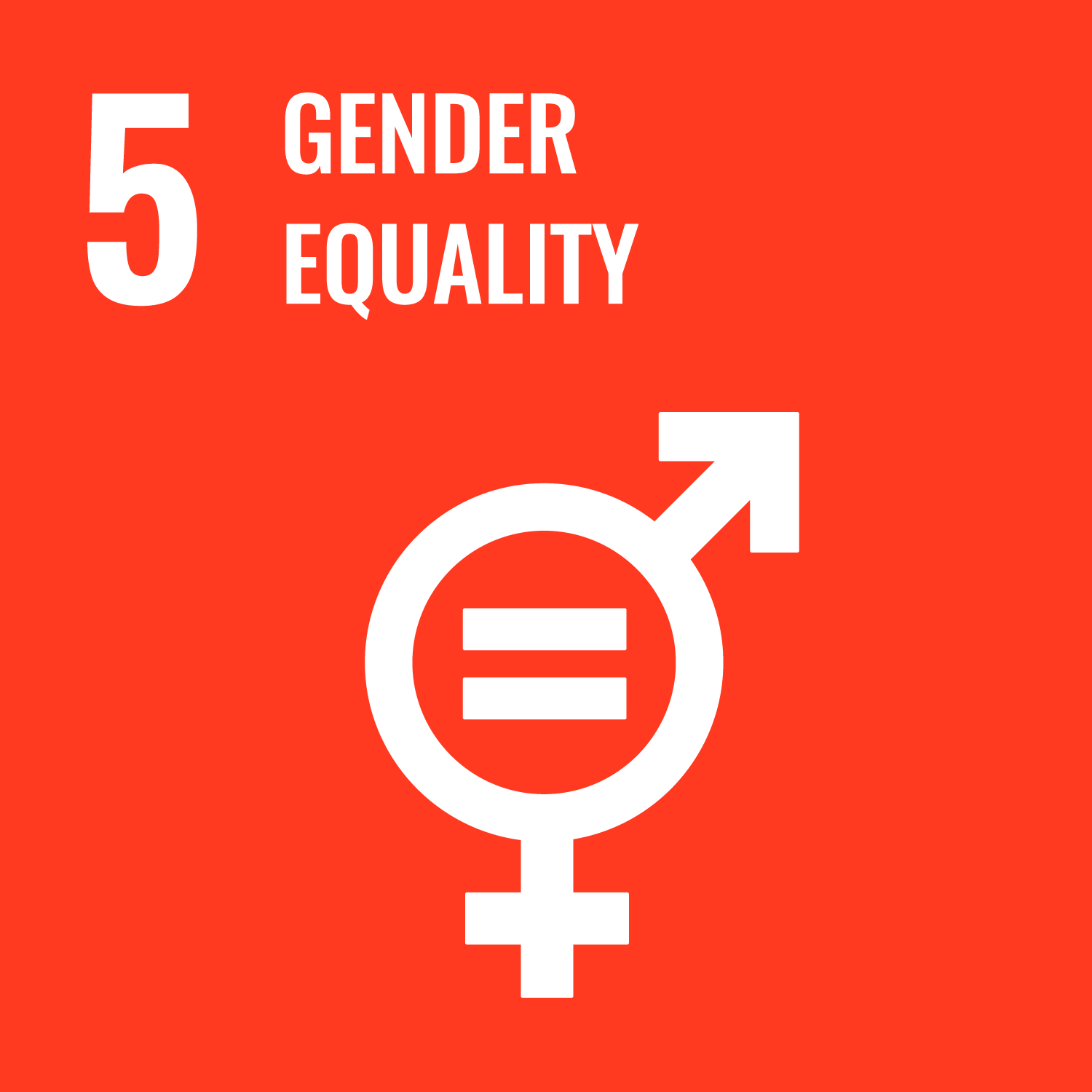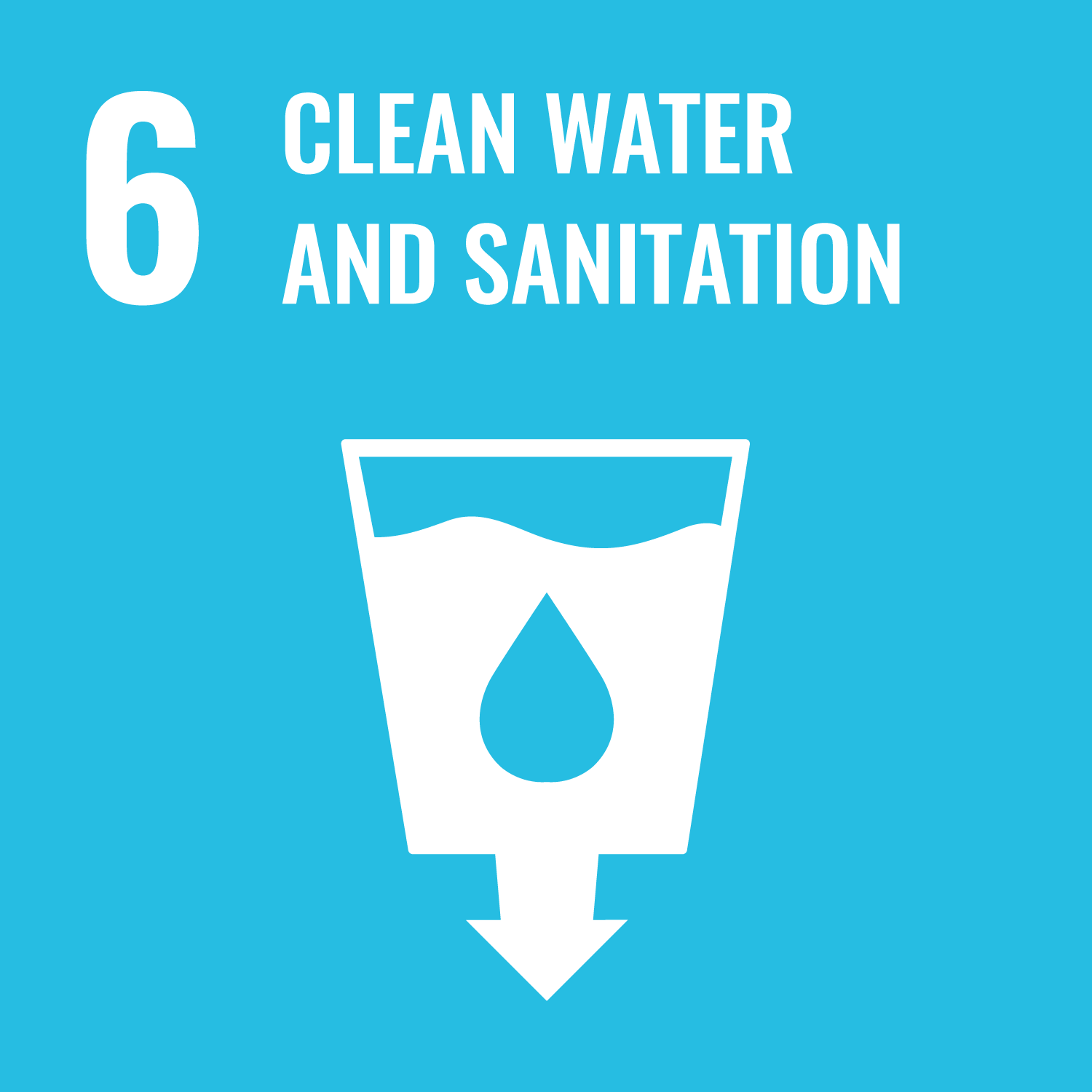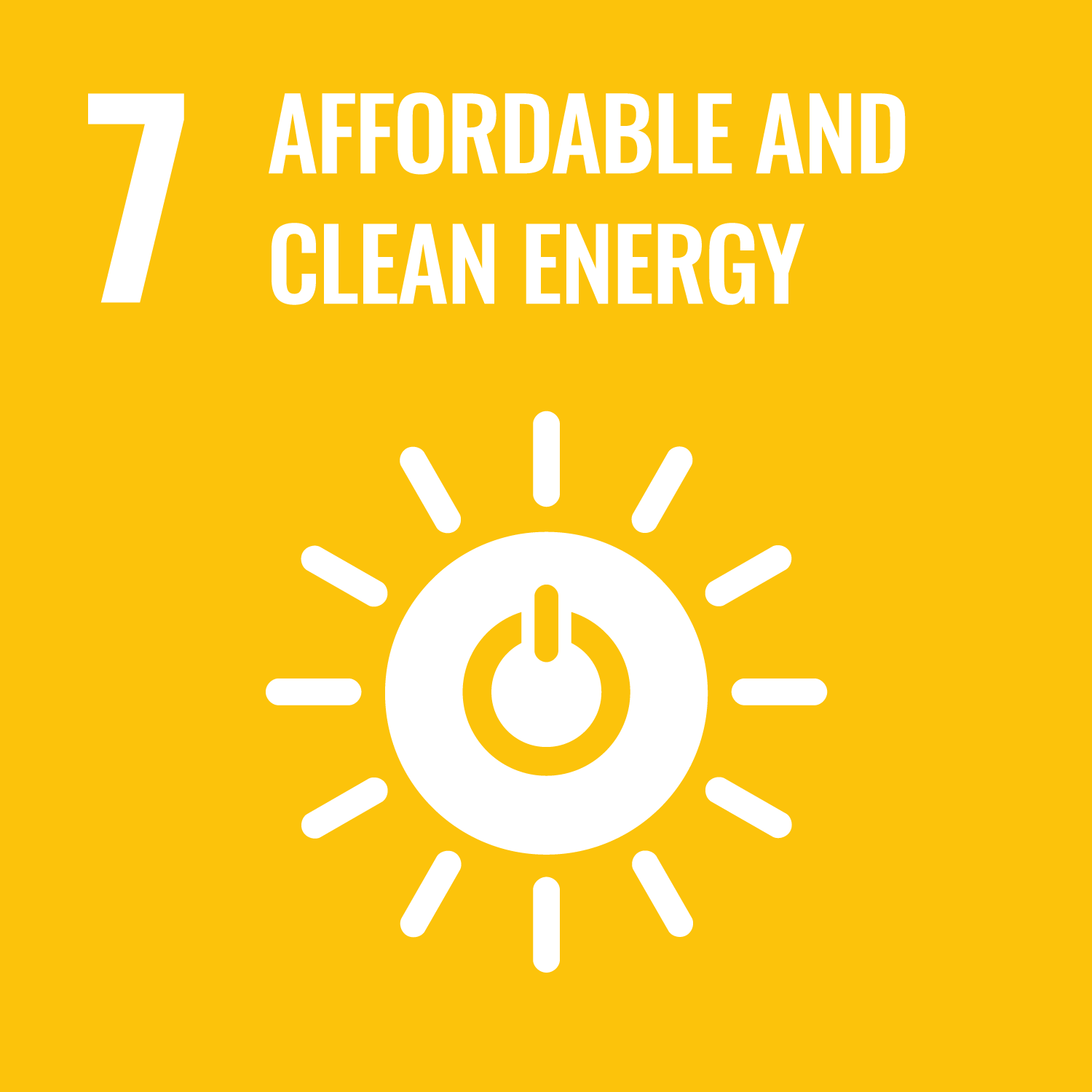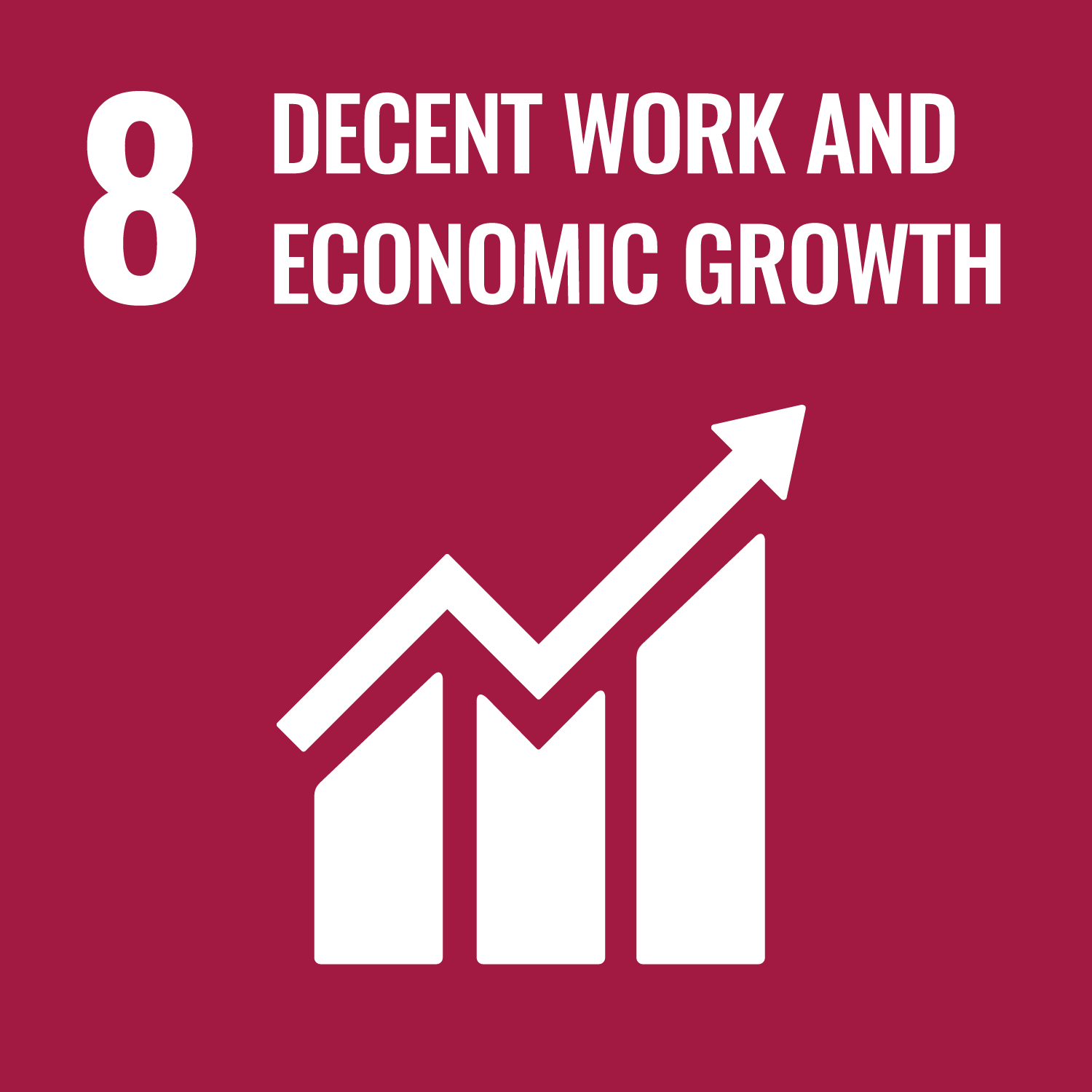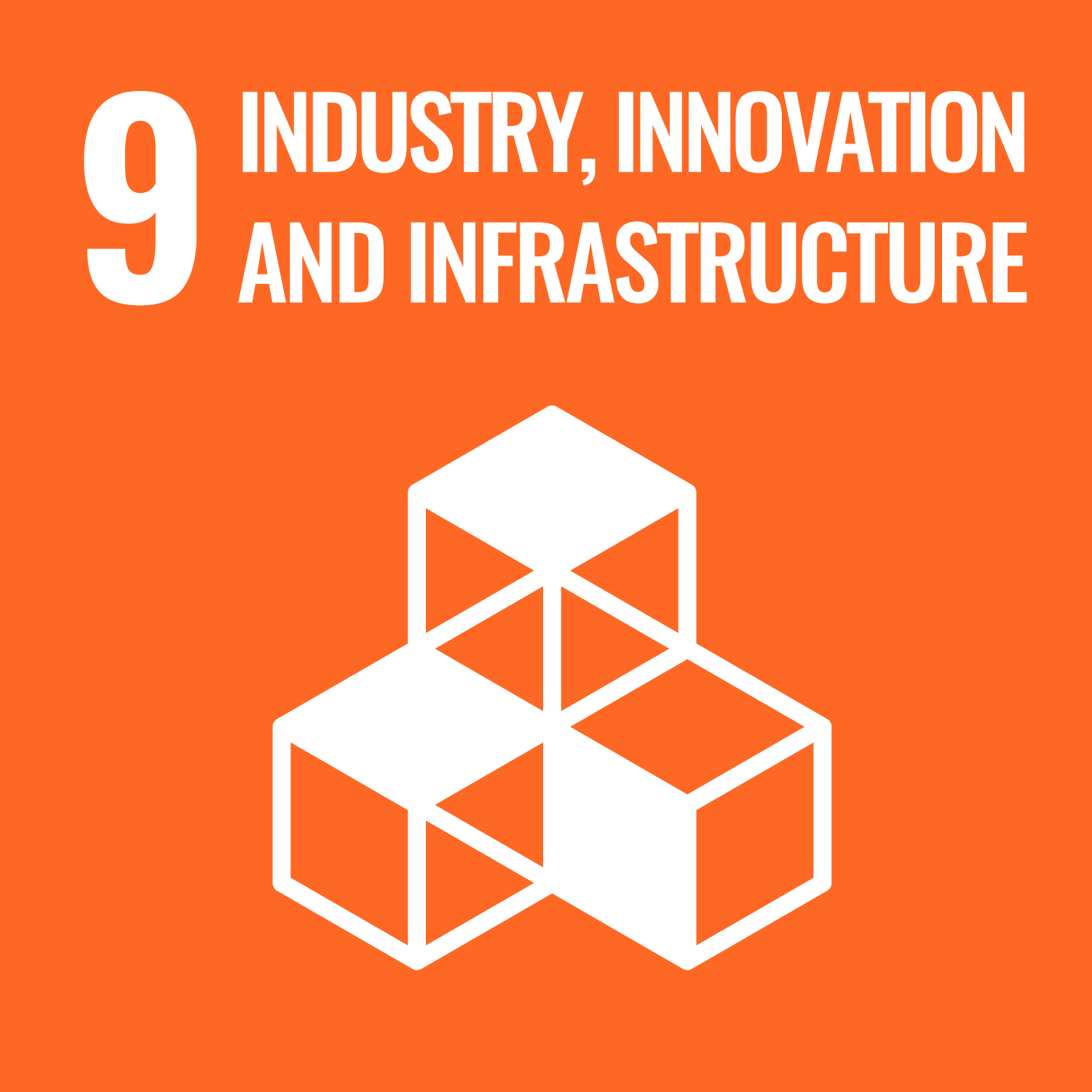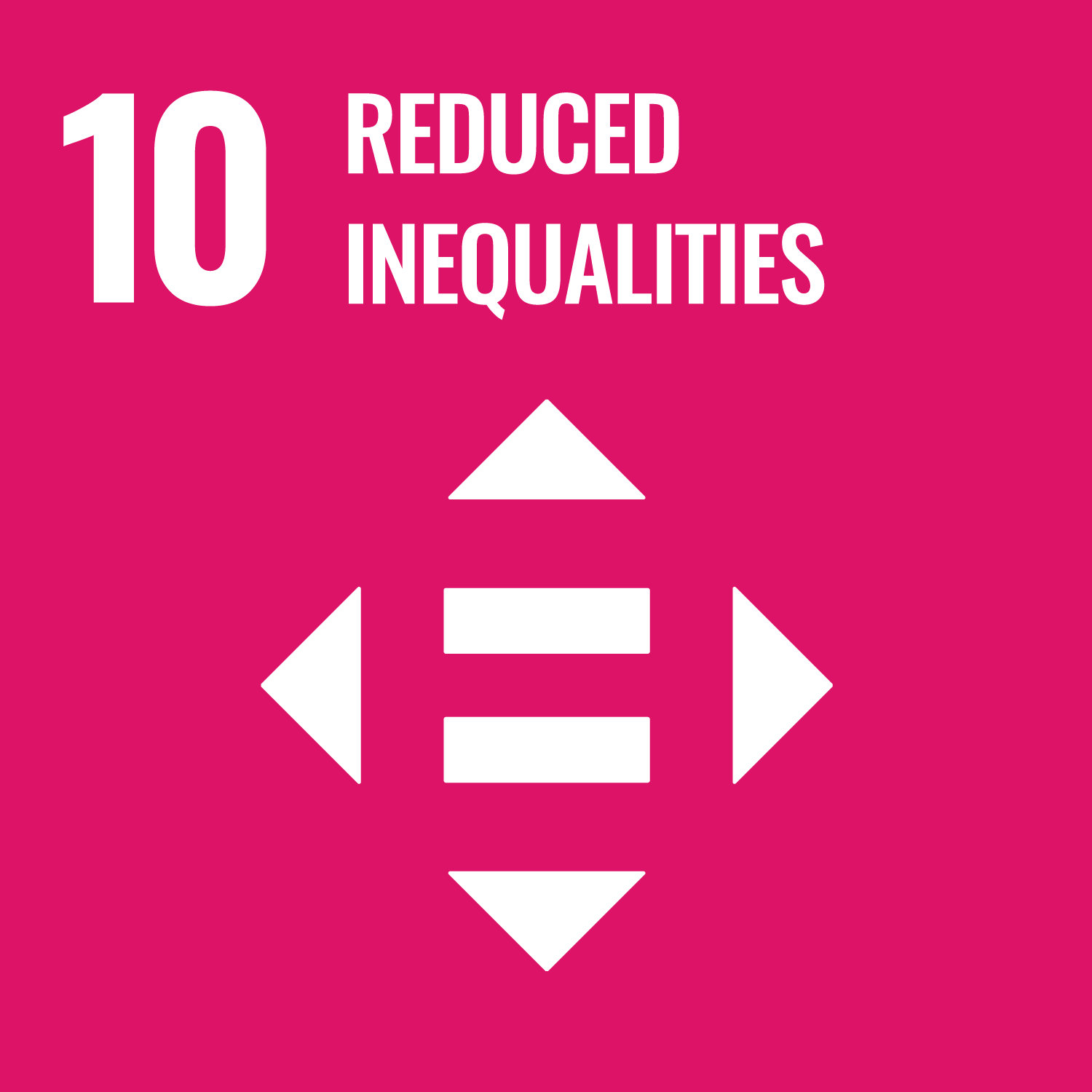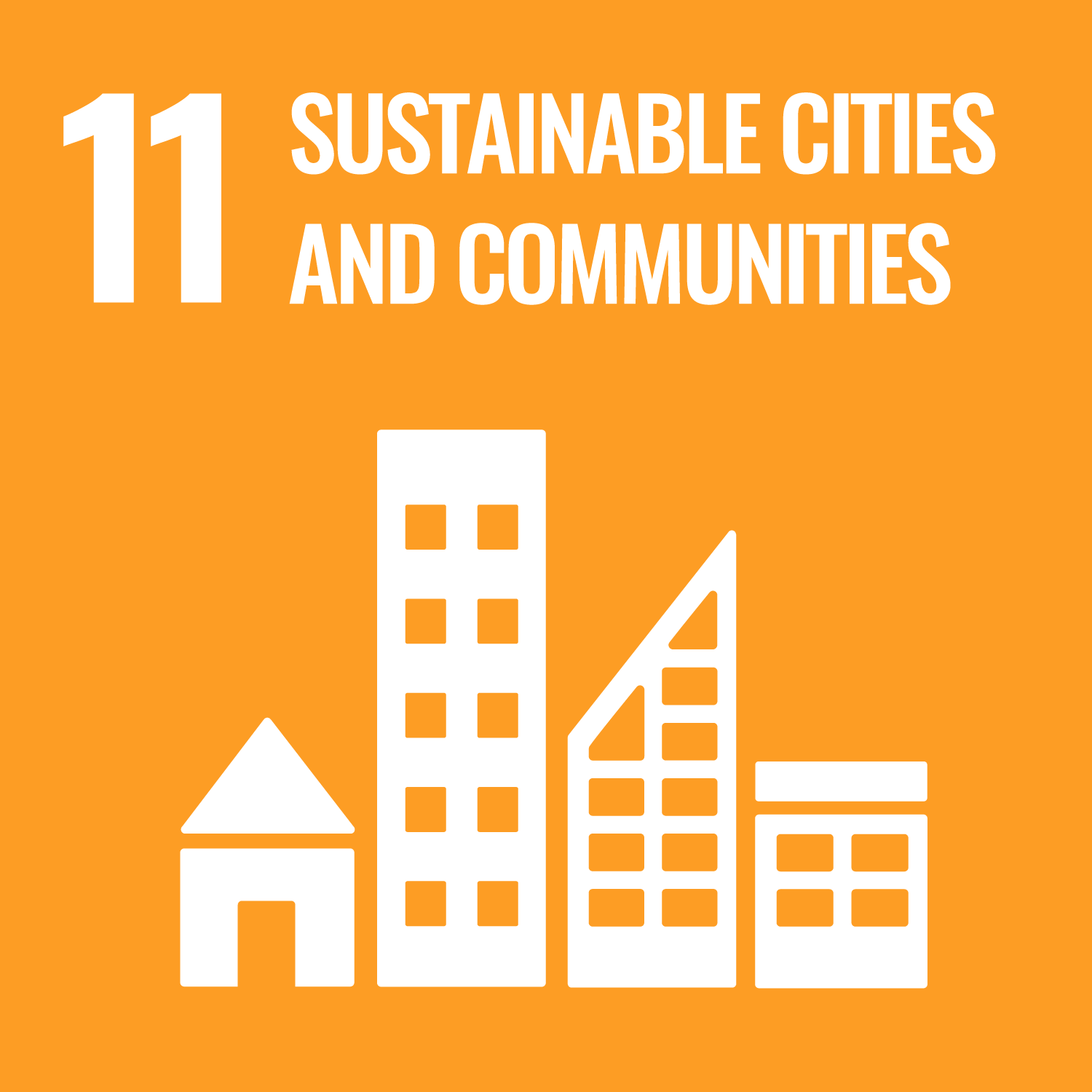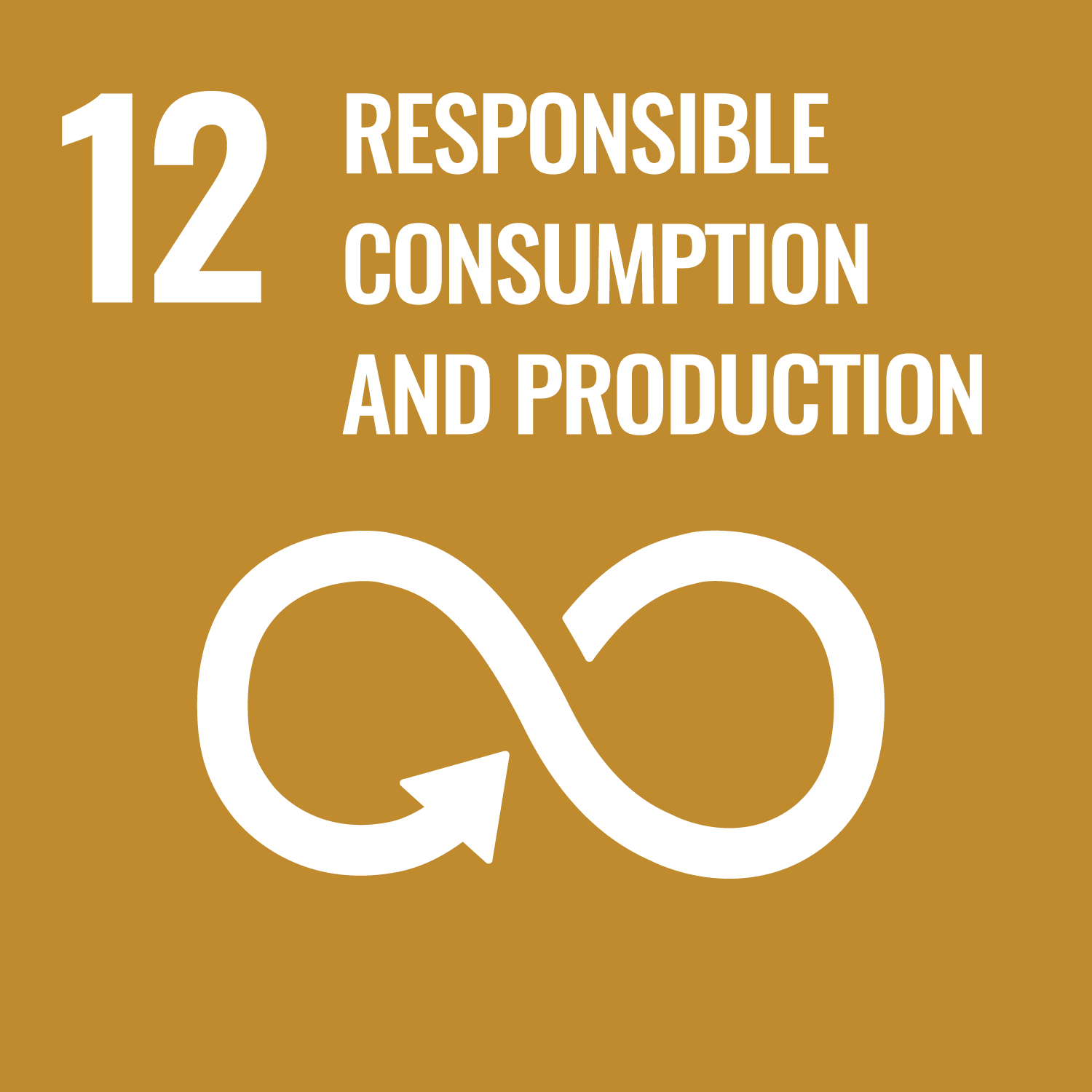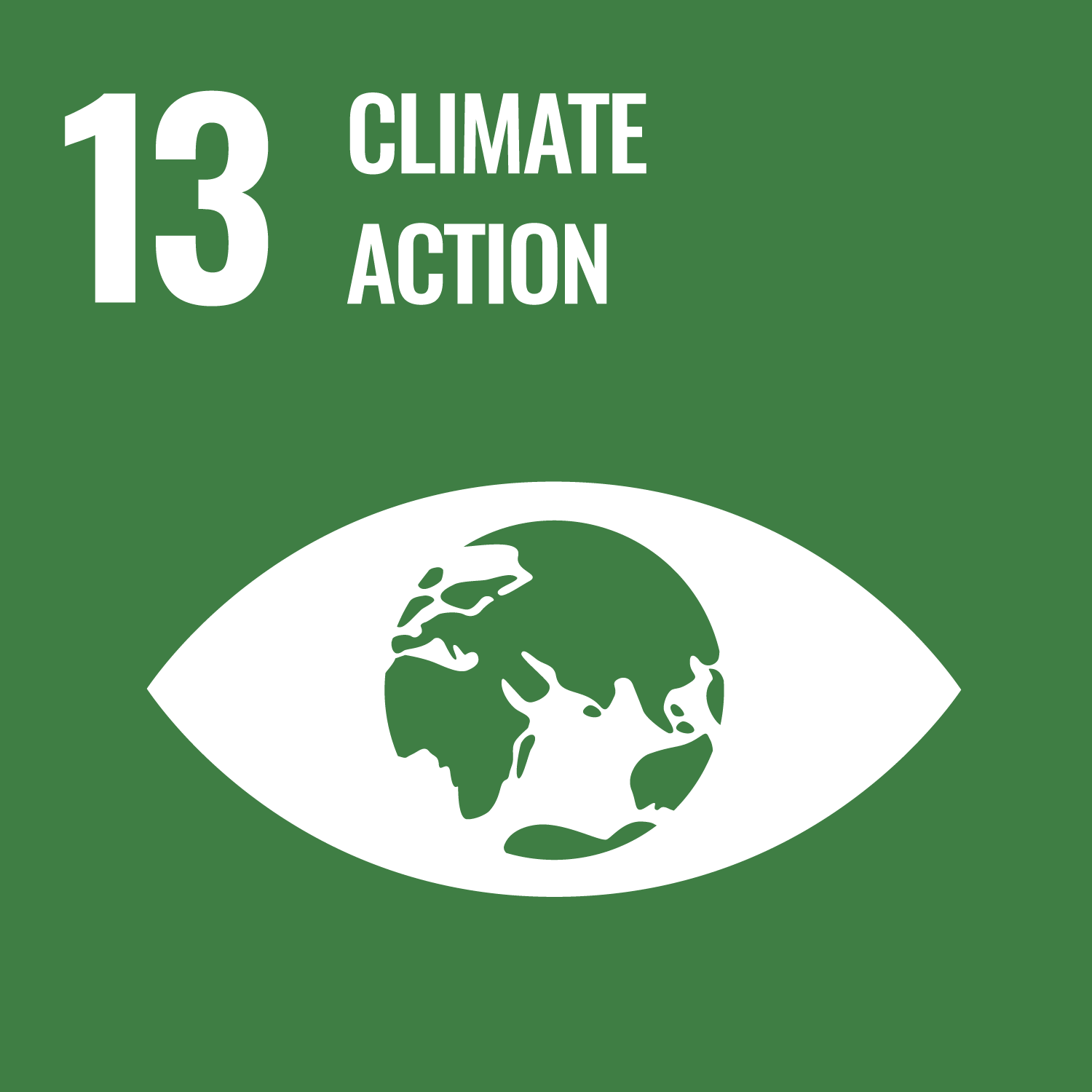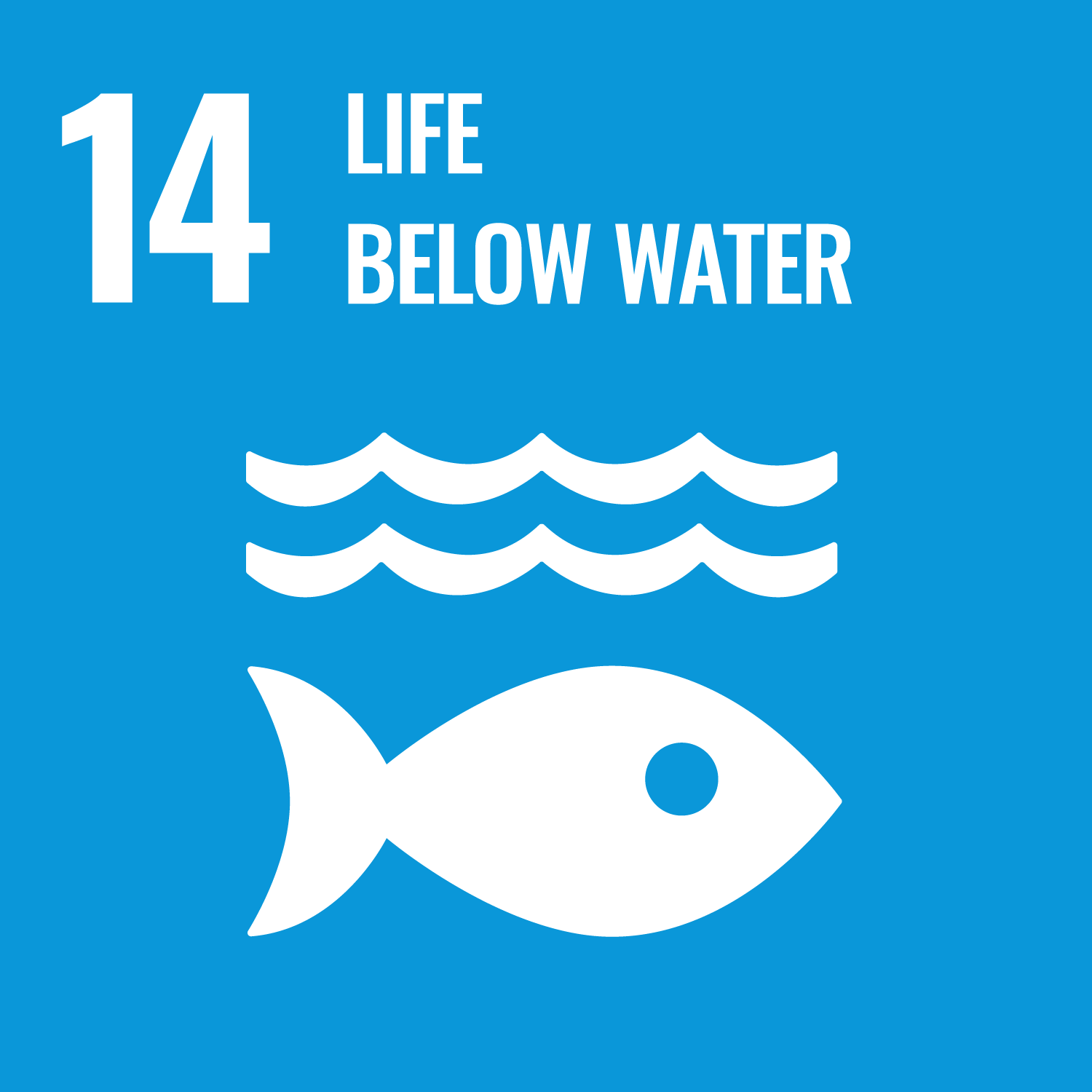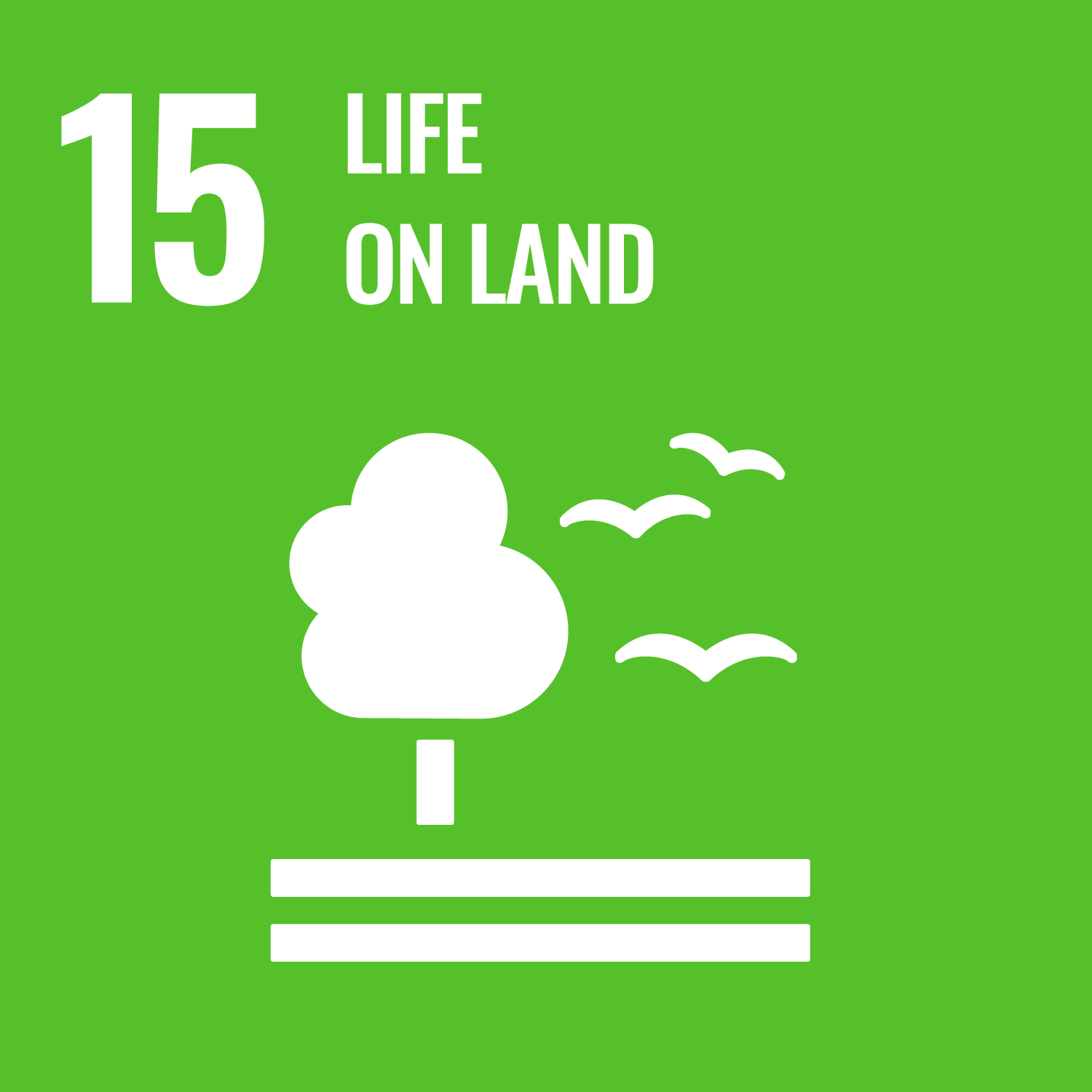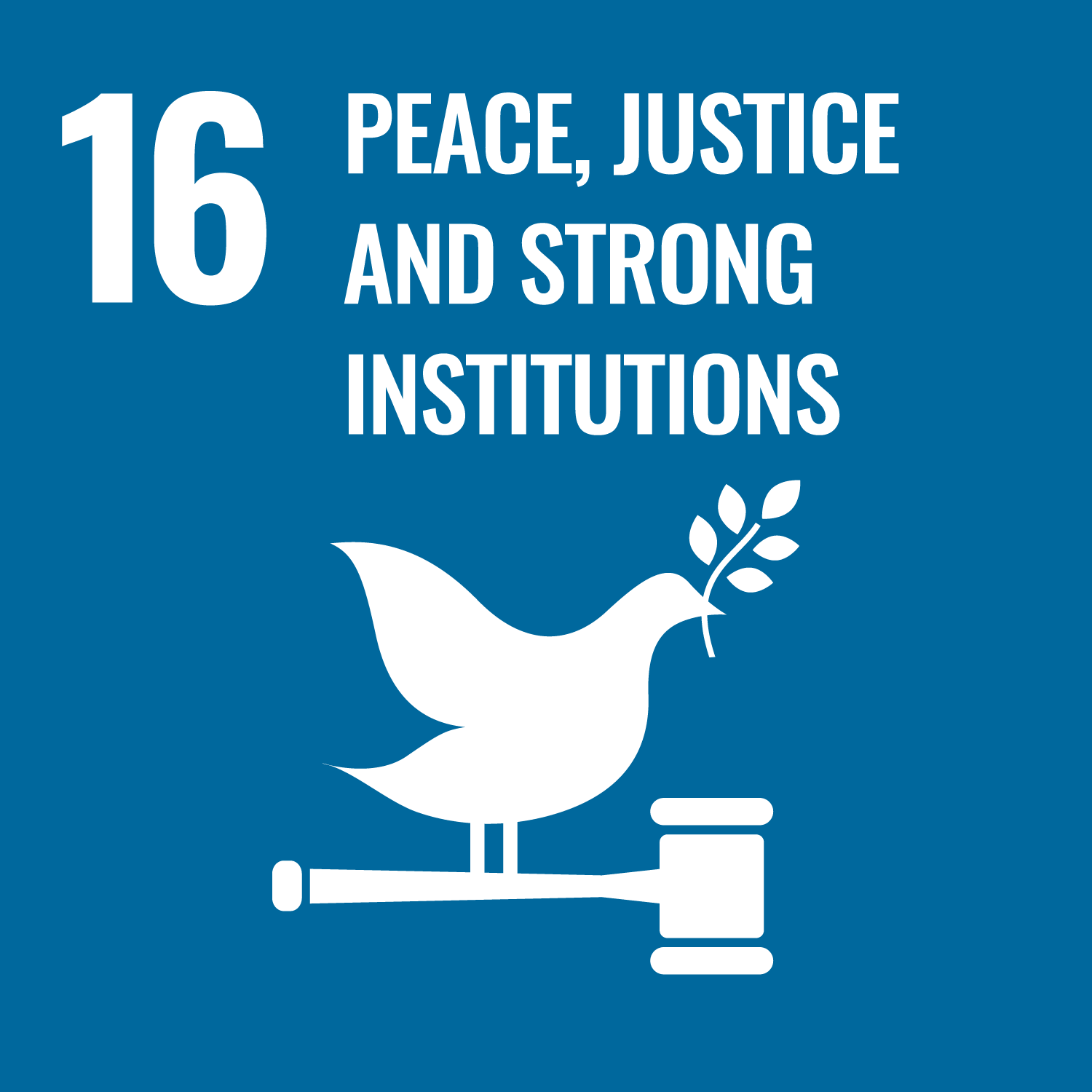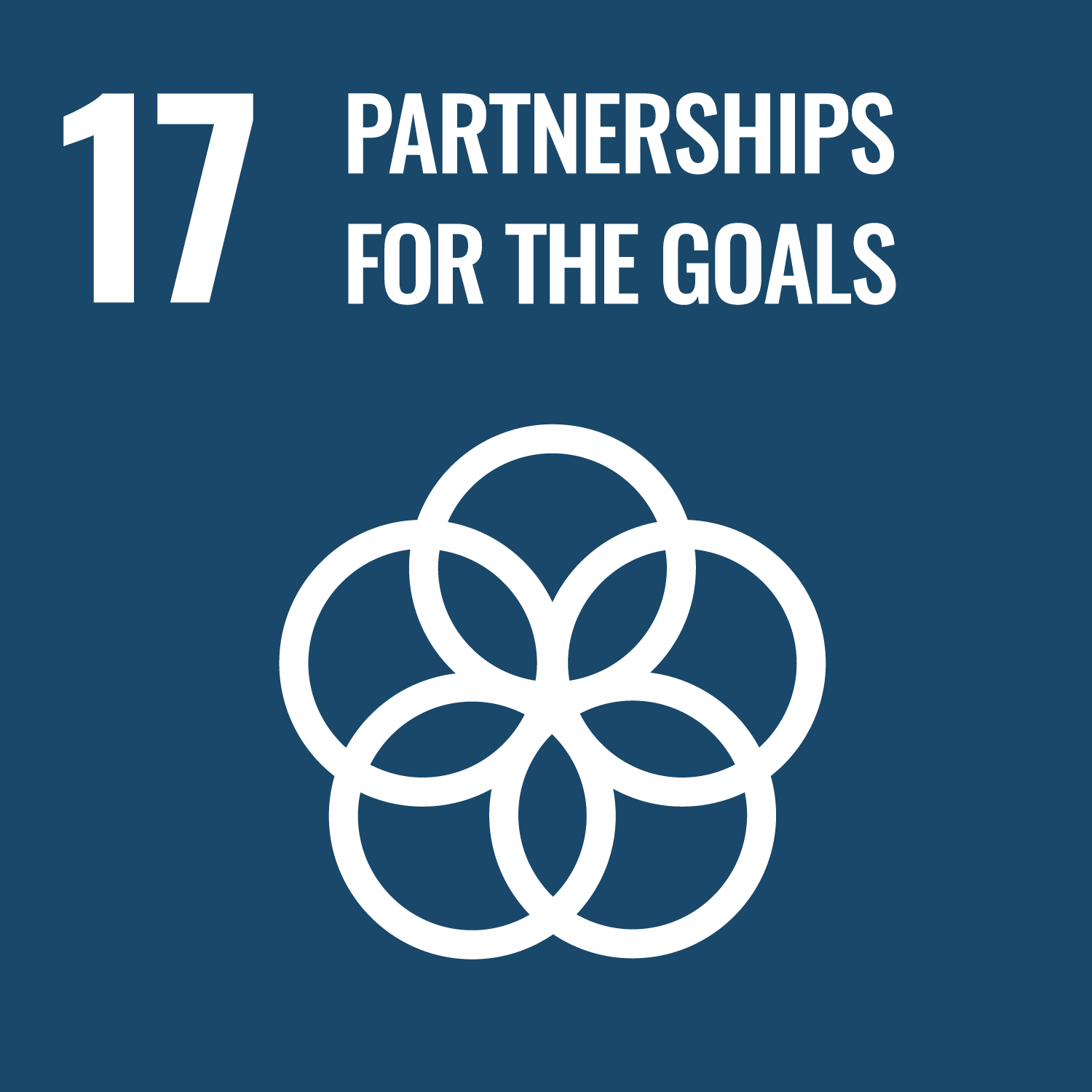Dans le domaine des sciences océaniques, Sorbonne Université Abu Dhabi est l’une des références mondiales, ses programmes couvrant un large éventail de disciplines, notamment les sciences du climat, l’hydrodynamique, la biologie, l’écologie, l’anthropologie et la paléontologie, menées dans 30 laboratoires de recherche.
De nombreux chercheurs de Sorbonne Université Abu Dhabi contribuent aux travaux du Groupe d’experts intergouvernemental sur l’évolution du climat (GIEC).
Les océans jouent un rôle clé dans le système climatique, absorbant environ 90 % de l’excès de chaleur causé par l’effet de serre et 25 % des émissions mondiales de carbone.
Les océans protègent l’humanité, agissant comme de puissants régulateurs du système climatique. Or, dans ce processus de régulation, ils sont sujets à des changements : les océans deviennent plus chauds, plus acides, de plus en plus appauvris en oxygène dans certaines régions, avec la banquise arctique en plein dépérissement, un facteur qui contribue à l’élévation du niveau de la mer. Même le système mondial de circulation océanique pourrait en être perturbé.
Ces changements affecteront-ils l’efficacité des fonctions protectrices de l’océan ? La surveillance des océans est devenue plus que jamais cruciale pour mieux comprendre leur rôle dans le système climatique et faire une projection des perturbations qui auront un impact sur la biodiversité marine, les pêches, la sécurité alimentaire et les régions côtières. C’est pourquoi, en 2021, les Nations Unies ont lancé la Décennie des sciences océaniques au service du développement durable. Des chercheurs de renommée internationale à Sorbonne Université et au Centre national de la recherche scientifique (CNRS) ont présenté leurs travaux dans le domaine de la surveillance des océans, notamment des projections relatives à El Niño (Eric Guilyardi), au microbiome océanique (Colomban de Vargas) et au système d’observation Argo (Hervé Claustre). Elise Basquin, doctorante à Sorbonne Université, a présenté ses travaux sur les risques littoraux liés à l’élévation du niveau de la mer.

 English
English
 Français
Français
 العربية
العربية



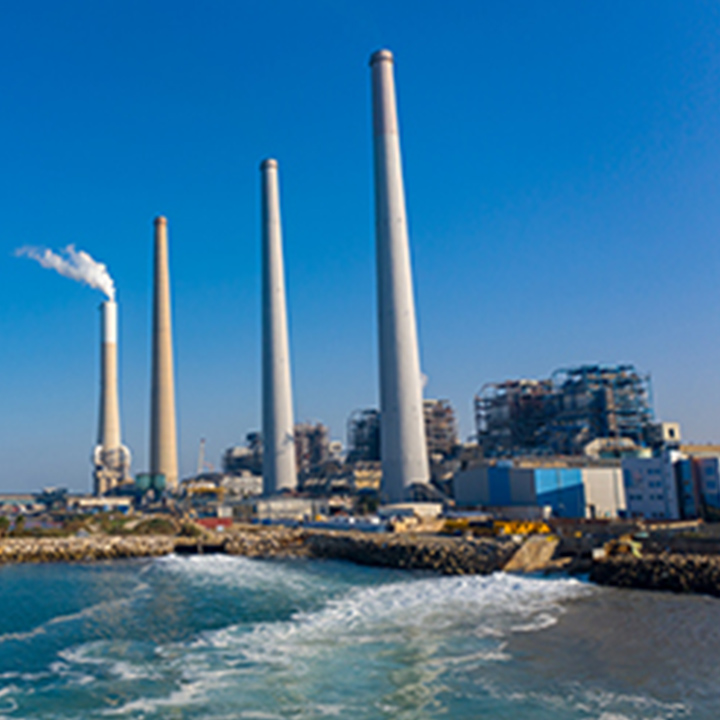
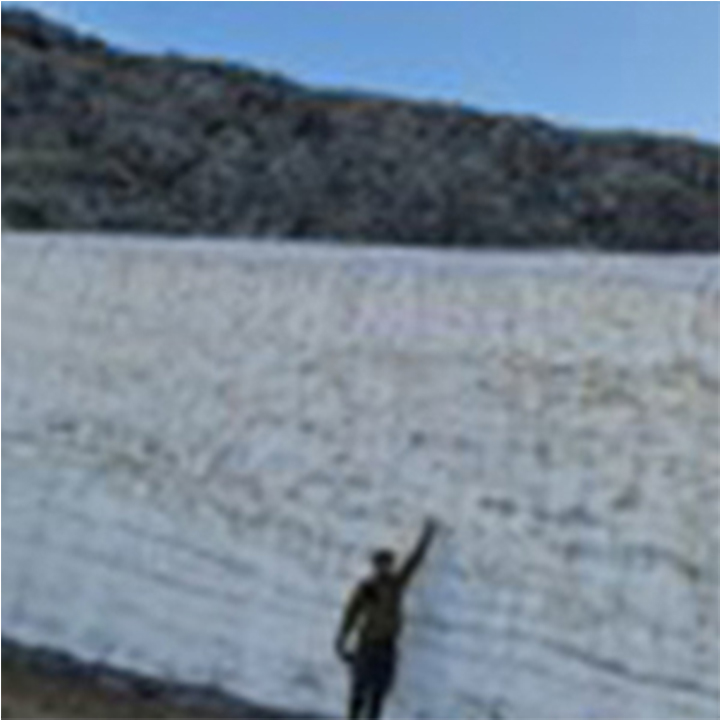

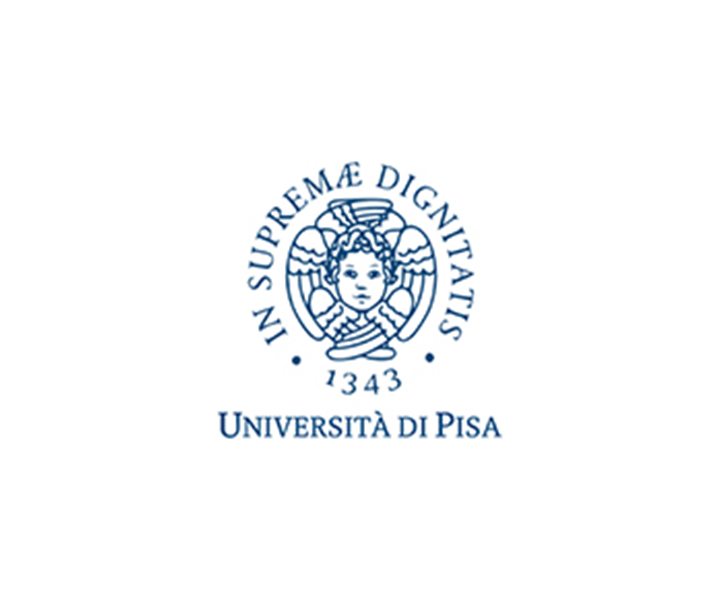
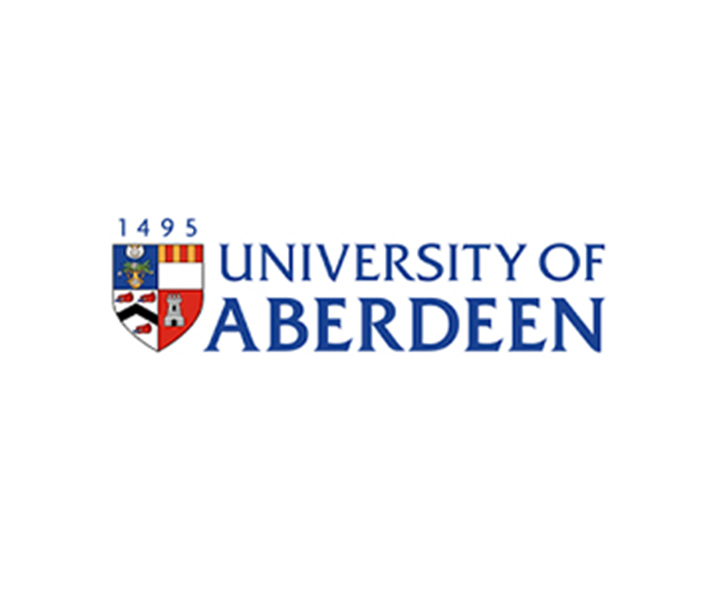

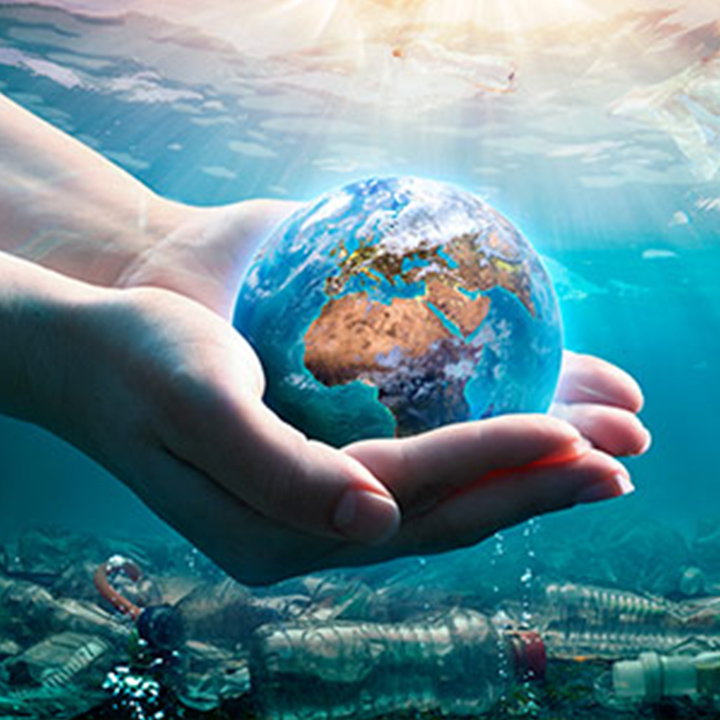











![Un Océan de Plancton[:]](https://sorbone.apps.plana.ae/uploaded/2025/Jul/ATUpQN6O4uh9Jl2YdAZJkMdmG8WN3zGnPJnuvYRd.jpg)
![Ouverture de l’Année de l’Océan. CinéArt Sorbonne - Ωcéans[:]](https://sorbone.apps.plana.ae/uploaded/2025/Jul/Oo2bDVG5arWDr2BR3NWwHmcuxg4r945iRiI1y6yX.png)

